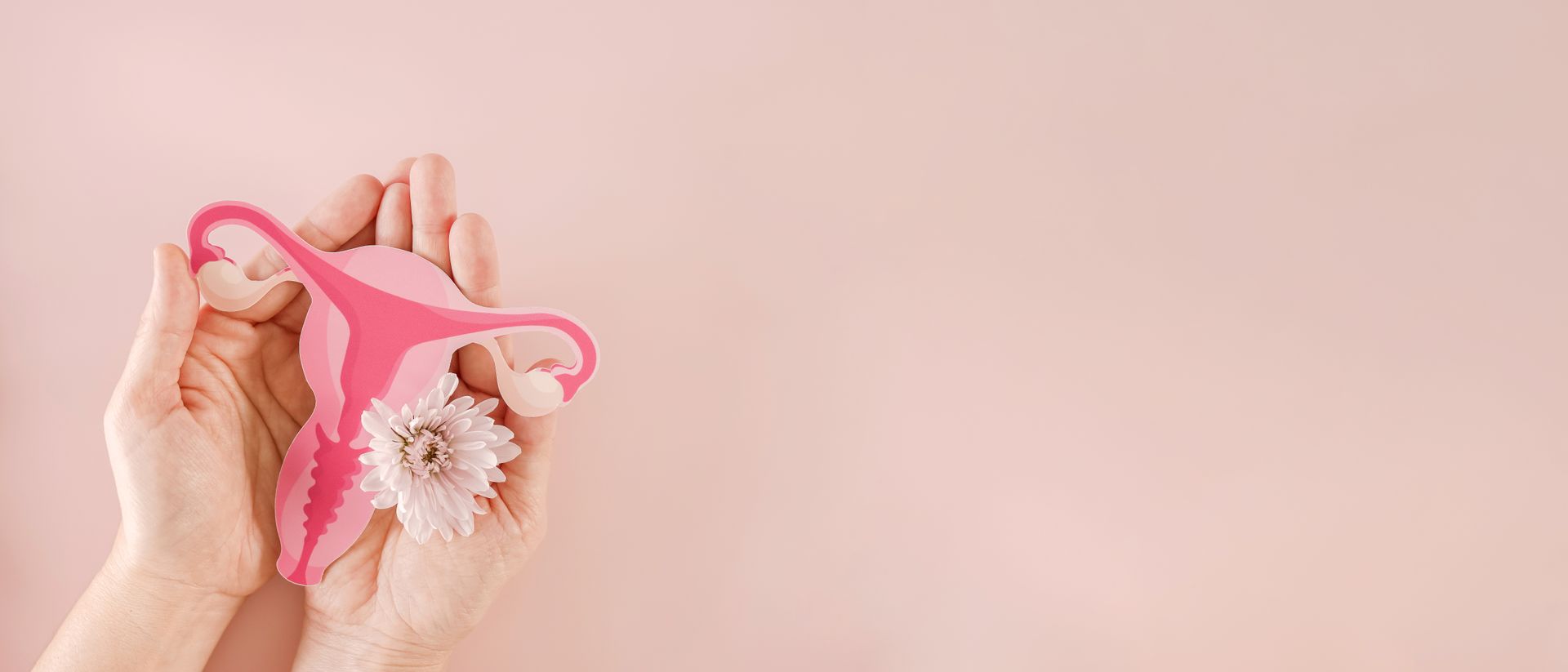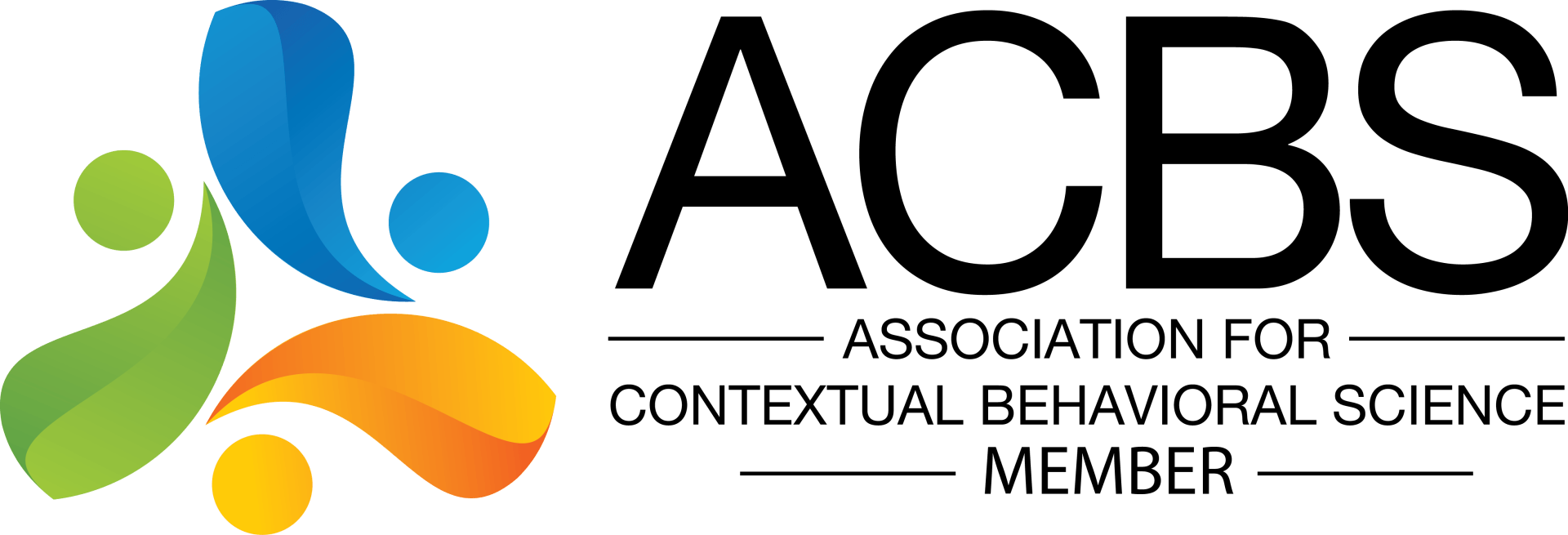Have you been blindsided by the motherhood or menopause confidence dip?
Please know it's normal but doesn't have to be permanent.

💔 Reclaiming Your Sense of Self in the Motherhood or Menopause Years
If you're reading this, you’ve likely felt it: that unsettling sense that the competent, self-assured woman you were before children or menopause has been replaced by someone less certain, more anxious, and less capable.
Motherhood, while it can bring immense joy, is also a relentless rollercoaster that systemically erodes a woman’s confidence and sense of self-efficacy.
Losing confidence during our childbearing and menopause years isn't a personal failure; it's an inevitable consequence of navigating profound hormonal, physical, and societal challenges. I'll discuss some of these hurdles below.
The Assault on Self-Trust: When Your Experience Is Dismissed
One foundational challenge to a woman’s confidence often begins where she needs security the most: in healthcare settings.
- Not Being Taken Seriously: Many women report not being taken seriously in pregnancy or birth, having their instincts and pain dismissed as 'normal' or 'over-anxious.' This experience of being invalidated by professionals is a powerful form of gaslighting that chips away at your ability to trust your own judgment and body. Many women also experience dismissal of their pain or reproductive system symptoms when dealing with conditions such as endometriosis or when navigating peri-menopause and menopause. we should not underestimate the impacts this resistance can have on our confidence.
- The Weight of Trauma: Experiencing birth trauma, whether physical or emotional, can leave a mother feeling fundamentally unsafe, defeated, and disconnected from her own strengths. It's difficult to feel capable when you’re recovering from an experience that felt overwhelming and uncontrollable. Post traumatic stress around birth is rarely acknowledged or discussed. This can lead to a real feeling of isolation when societal expectations are that mothers should be feeling elated and excited following the birth of their child. Post natal depression is also a real risk and can have devastating short term and long term effects on self-esteem.
- The Silence of Loss: The devastation of pregnancy loss, stillbirth or infertility often come with deep, private feelings of failure that your body 'let you down.' This disenfranchised grief leaves a corrosive scar, severely impacting self-worth and confidence in future life choices. Research backs this up and has specifically demonstrated that experiencing stillbirth or child death negatively impacts maternal self-esteem, highlighting the profound psychological consequence of reproductive loss (Wonch Hill et al., 2017).
The Specific Demands of Complex Motherhood
For Mothers whose children are born with medical conditions or additional needs, the confidence landscape is uniquely strained.
The role immediately shifts from nurturing parent to chief medical coordinator, tireless advocate, and system navigator. This relentless commitment demands incredible strength but leads to constant exhaustion. Mothers often feel perpetually under-qualified for the complex medical decisions they face, yet utterly indispensable. Their self-worth becomes heavily linked to their child’s progress, making setbacks feel like personal failures and significantly diminishing confidence in their own judgment and capabilities.
Isolation, Comparison, and Economic Insecurity
The daily environment of early motherhood is structured to deplete our confidence.
- The Isolation Vacuum: Being home alone or isolated deprives the mother of intellectual stimulation and external validation. When your daily tasks, feeding, cleaning, settling, offer no professional recognition, your brain struggles to register competence.
- Toxic Comparison: The urge to compare yourself to other Mums is potent. We measure our messy, unseen reality against the carefully curated public image of others, concluding that we are failing. This constant, unfair comparison undermines self-belief. Intriguingly, longitudinal studies have shown that becoming a Mother triggers a consistent decline in self-esteem that lasts for at least three years post-birth, suggesting this dip you feel is a normal yet unwelcome event (Bleidorn et al., 2017).
- Loss of Earnings and Self-Worth: Stepping away from the workforce leads to loss of earnings and professional self-worth. In the UK, where value is often tied to professional output, the unpaid work of motherhood is profoundly undervalued. This can create a confidence chasm and anxiety about regaining professional relevance.
The Hormonal Rollercoaster
We must acknowledge the dramatic, confidence-altering biological shifts that underpin a woman’s journey.
From the often-overlooked mood impacts of birth control to the dramatic surges and crashes of pregnancy and postpartum, hormonal changes dictate emotional resilience. Later, the cognitive fog and anxiety associated with perimenopause and menopause can make a previously accomplished woman feel suddenly uncertain and incapable. These are not mere inconveniences, they are biological realities that must be factored into the confidence equation.
The Professional Pivot: Anxiety and the Return to Work
The return to work is rarely seamless. It is often accompanied by an immense wave of guilt or anxiety.
Mothers feel guilt over leaving their children and acute anxiety over their own competence. You walk back into the clinic feeling like an imposter, convinced that 'baby brain' has permanently eroded your professional skills. This Imposter Syndrome leads to self-doubt, reluctance to take on new challenges, and a constant habit of downplaying your abilities. All of which reinforce the very confidence loss you fear. This phenomenon is well-documented, with research highlighting that maternal postpartum work resumption stress often manifests through strong emotions like guilt and difficulties finding work-life balance (Manukure et al., forthcoming).
The Path to Reclaiming Your Confidence
Here is the fundamental truth: The loss of confidence is almost inevitable, but it doesn't need to be permanent.
The confident 'you' from the past had a different brain chemistry, sleep pattern, and experiences. Reclaiming confidence is not about regressing to who you were before it's about forging a resilient, powerful new identity based on your current reality.
- Acknowledge and Validate: Accept that your experiences, trauma, loss, isolation, guilt, were real, and their impact on your confidence is justified.
- Translate Your New Skills: Stop viewing your time out as a deficit. Motherhood forces mastery of crisis management, high-stakes negotiation, resource allocation, and sustained resilience. These are elite leadership competencies start naming them as such. Menopause can be an opportunity to optimise your health and self-care. Being forced to take care of yourself in a way you didn't before.
- Invest in CPD: Actively investing in Continuing Professional Development (CPD) that will teach you the essential skills needed to navigate your confidence dip is the single most effective antidote to this crisis. Learning how to deal with your unhelpful thoughts, how to navigate your difficult emotions and how to harness your unique strengths can alter your path and propel you forwards into a new chapter.
- Prioritise the Physical: Address the physical factors. Seek support for hormonal issues (including menopausal symptoms) and prioritise the basics of sleep, nutrition, and movement. You cannot operate at peak confidence without a solid physical foundation.
Your journey through motherhood or menopause has not diminished you; it has redefined your strength. It is time to stop measuring your worth by your past achievements and start recognising the enormous capabilities you possess right now.
References
- Bleidorn, W., Zheriff, P., van Scheppingen, N., Allemand, M., Knoop, J., Arslan, R. C., ... & Back, M. D. (2017). The effect of motherhood on women's self-esteem: A longitudinal analysis. Journal of Personality and Social Psychology.
- Manukure, J., Tiemensma, L., & Spies, L. (Forthcoming). Returning to work after maternity leave: a longitudinal study exploring changes in postpartum work resumption stress and its determinants. The International Journal of Human Resource Management.
- Wonch Hill, P., Cacciatore, J., Shreffler, K. M., & Pritchard, K. M. (2017). The loss of self: The effect of miscarriage, stillbirth, and child loss on maternal self-esteem. Death Studies, 41(2), 110-117.






